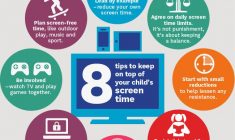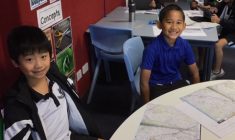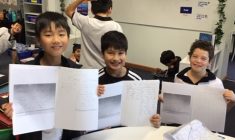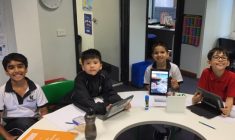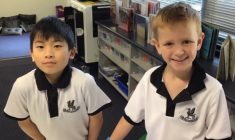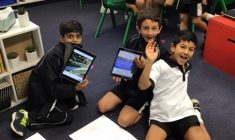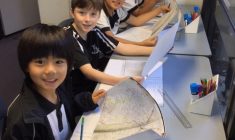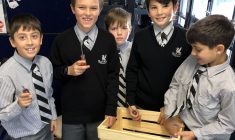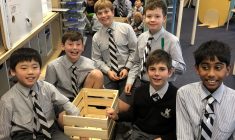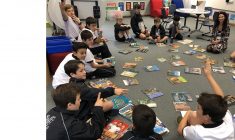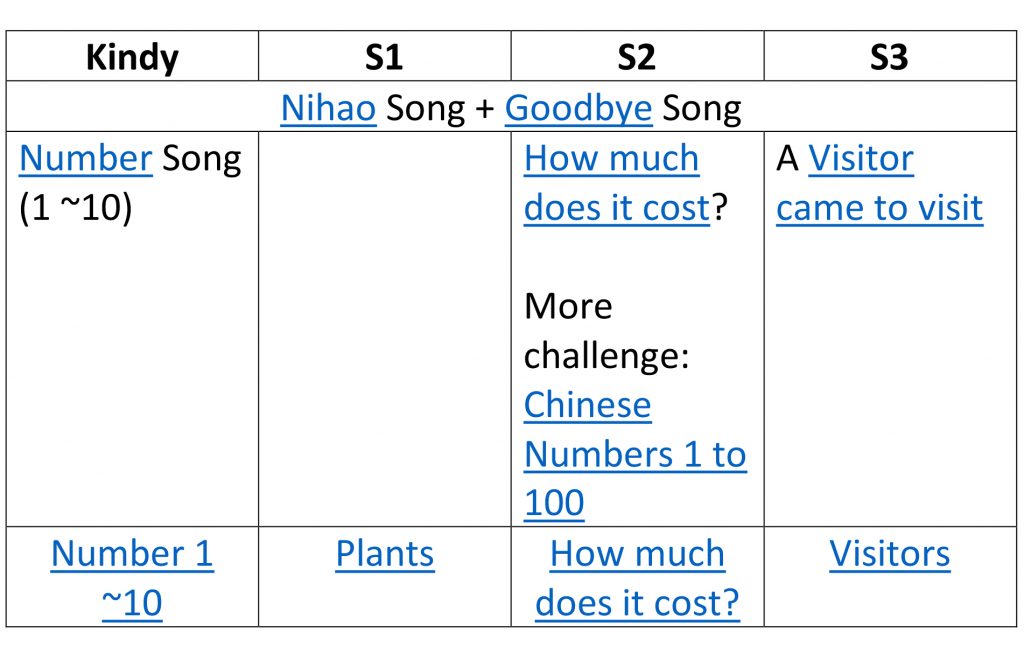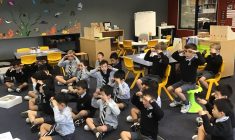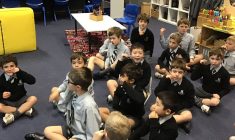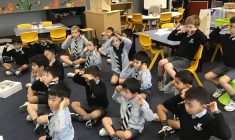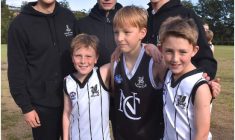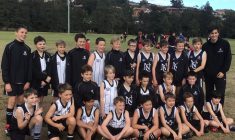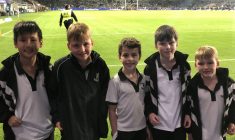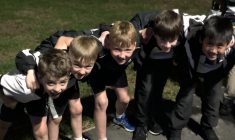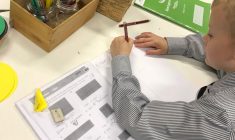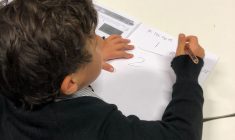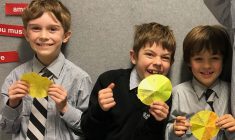Tweens (Eight-Twelve Year Olds): Then and Now
On Tuesday, I was fortunate enough to spend the day with some Year 6 boys visiting the Powerhouse Museum. It was fantastic and I highly recommend all families to spend some time there. One of the exhibitions we visited was called Interface and it charted the evolution of technology in computers, phones and gaming. It is amazing to think that a 10 year old today would not remember a world without iPads or mobile phones. One of the boys on the excursion assumed that I had a mobile phone when I was at school and was surprised when I told him otherwise.
I was thinking about this when I came across an interesting article on tweens. Tweens are children aged between 8-12 and this article looked at the development and changes that occur in the years before puberty and adolescence.
In this Kappan article, the author Fagell stated that there are many similarities between challenges she faced as a young adolescent in the 1980’s and tweens today. She wrote “As their prefrontal cortex develops, they’re malleable, impulsive, and impressionable. They’re capable of reasoning intellectually, interpreting emotions, and taking a moral stand, but they lack perspective or life experience. Sorting out social drama can consume large chunks of their time, and they tend to experience emotions in polarities. Any mishap can register as a catastrophe, and they have little understanding that negative feelings are temporary. They’re trying to figure out what coping skills work for them and where their strengths and interests align. They’re hyperaware of an invisible audience judging their every move and picking up on their shortcomings and limits… It’s a time of insecurity, hormonal changes, and contradictions. The only other time a child experiences so much development is between birth and age two.”
While physiologically young people are developing in the same way as their parents, the author believes that there are also significant environmental differences for young adolescents growing up in today’s rapidly changing world:
- Technology is permeating every aspect of their lives.
Many kids are online almost constantly and this brings a myriad of complexities. Unrealistic societal expectations, graphic images (the NZ mosque attack was streamed online, pornography), gaming and the mixed blessing of social media. “On the social side, kids who are developmentally wired for adventure somehow have to preserve their reputation, stay safe, be kind, and make solid judgment calls online without the benefit of face-to-face social cues.”
Whilst as a child we were probably just as prone to mischief it did not have the potential to be immortalised and transmitted around the globe.
- Tweens have more mental-health issues
Today’s families are more open about relationship breakdowns, job losses, health issues, and other acute stressors. Many parents are very involved and overly directive, which may result in children having less autonomy and not feeling they have as much control and choice in their lives (parents who crush their children under the weight of their own aspirations). In addition, many parents are putting more emphasis on achievement and competition and less on caring for others – and this is true across racial, cultural and economic groups. There may be a gap between what the parents believe and the way their actions are interpreted. Kids need an environment to learn problem-solving skills, make mistakes, resolve conflicts, and build a sense of confidence and independence. These and other forces have contributed to an increase in anxiety and depression among young people.
- Hate Speech and Politics are very much part of mainstream media.
There’s been an increase in the propensity for extremist views to permeate our lives through the internet. Fringe and extremist views on race, religion, gender and sexuality now have a powerful medium to transmit to a broad audience. Ironically, this is happening against a backdrop of young people’s heightened interest in issues like same-sex marriage, climate protests (staged by students in Sydney and elsewhere), and efforts to build emotionally healthy boys by pushing back on the traditional concepts of masculinity and trying to adjust to the #MeToo era.
Fagell feels that despite the challenges faced by tweens we are moving in the right direction: “Young people have always been tuned into justice and fairness, but today’s tweens are perhaps even more likely to take on an activist role, whether they lobby for equality, … the environment, or immigration rights.”
“How Childhood Has Changed for Tweens” by Phyllis Fagell in Phi Delta Kappan, April 2019 (Vol. 100, #7, p. 8-12), https://bit.ly/2I0pB9M; Fagell is at contactphyllisfagell@gmail.com.
Ben Barrington-Higgs



